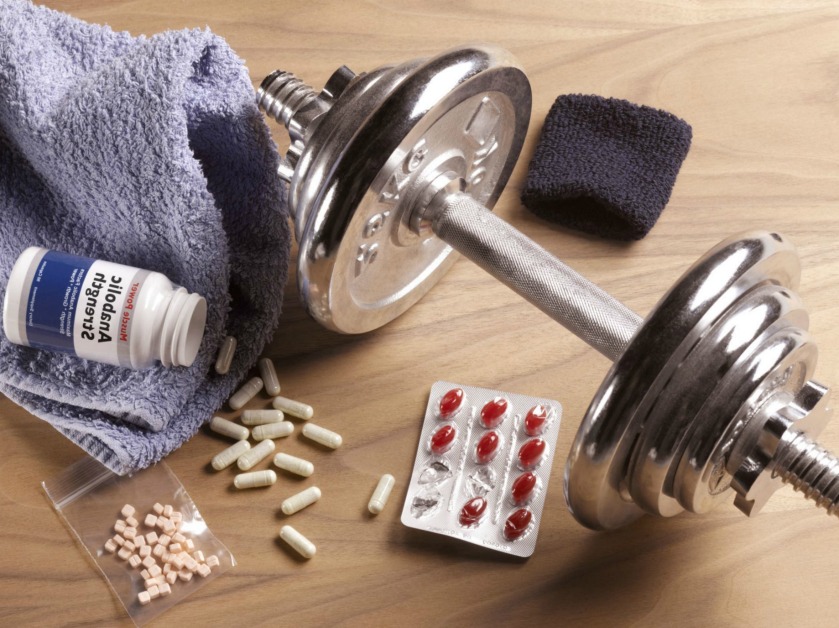The past few years have seen a lot of hype regarding the risks associated with the popular fat burning supplements, ephedrine. Moreover, various training and body building habits too can be detrimental to one’s health and even potentially fatal
Taking Astroids:
Why it is dangerous: Anabolic steroids may enhance muscle growth but their potential side effects are nausea, high blood pressure, cardiovascular disease, aching joints and liver
damage.
What to do instead: Unless these side effects appeal to you, build your muscles the hard way.
Taking relaxants with stimulants
Why it is dangerous: Many athletes drugs to relax or “come down” after a workout.
What to do instead: If you feel the need to take a calming supplement to counteract the
stimulants you are taking, you probably shouldn’t be taking the stimulants in the first place. In any case, avoid combining these two categories.
Lifting excessive weight
Why it is dangerous: Constantly trying to increase the amount of weight you lift can cause joint pain and an eventual muscle, ligament or tendon tear.
What to do instead: If you are unable to control the descent of the weight and can’t maintain your form from start to finish, you should reduce the weight you are lifting.
Taking stimulants
Why it is dangerous: “Ephedrine free” fat burners, can be just as dangerous as ephedrine itself.
What to do instead: If you insist on taking a “performance enhancing” supplement, avoid ingredients such as ephedrine, ephedra, and bitter orange. Take a caffeine pill before your workout.
Dehydrating
Why it is dangerous: Sweating out the last few pounds to fit into the right weight class before a competition, results into dehydration, also putting a severe strain on your kidneys and affects your mental capacity too.
What to do instead: Drink 20 ounces of water one to two hours before training and have another 3 to 6 oz every 30 minutes during your workout. Drink 2 cups of water for every pound of weight lost.
Eating too much protein
Why it’s dangerous: Bodybuilders typically eat 1.25 to 1.5 grams of protein per pound of
body weight each day, which may lead to heart disease and irreversible kidney damage.
What to do instead: Nutritionists say that no one should consume more than 1.7 g of protein per pound of body weight a day.
Overtraining
Why it’s dangerous: Obsession with working out can lead to general fatigue, irritability,
depression, decreased appetite, weight loss, nausea, and upset stomach.
What to do instead: If you are feeling fatigued and sore, re-evaluate your routine. Allow for adequate rest periods.
Having bad form
Why it’s dangerous: bad form in weightlifting can be dangerous enough to the detriment of your tendons and ligaments.
What to do instead: Ask your trainer to observe you during a workout.
Under-eating
Why it’s dangerous: Training on an empty stomach can hinder your performance.
What to do instead: 30 to 60 minutes before your workout, eat a small, easily digestible meal composed of complex carbs and fruits.
Not stretching
Why it’s dangerous: Stretching can help avoid injuries, enhances performance and posture and reduces stress.
What to do instead: Stretch for about 10 minutes before and after your workout.




